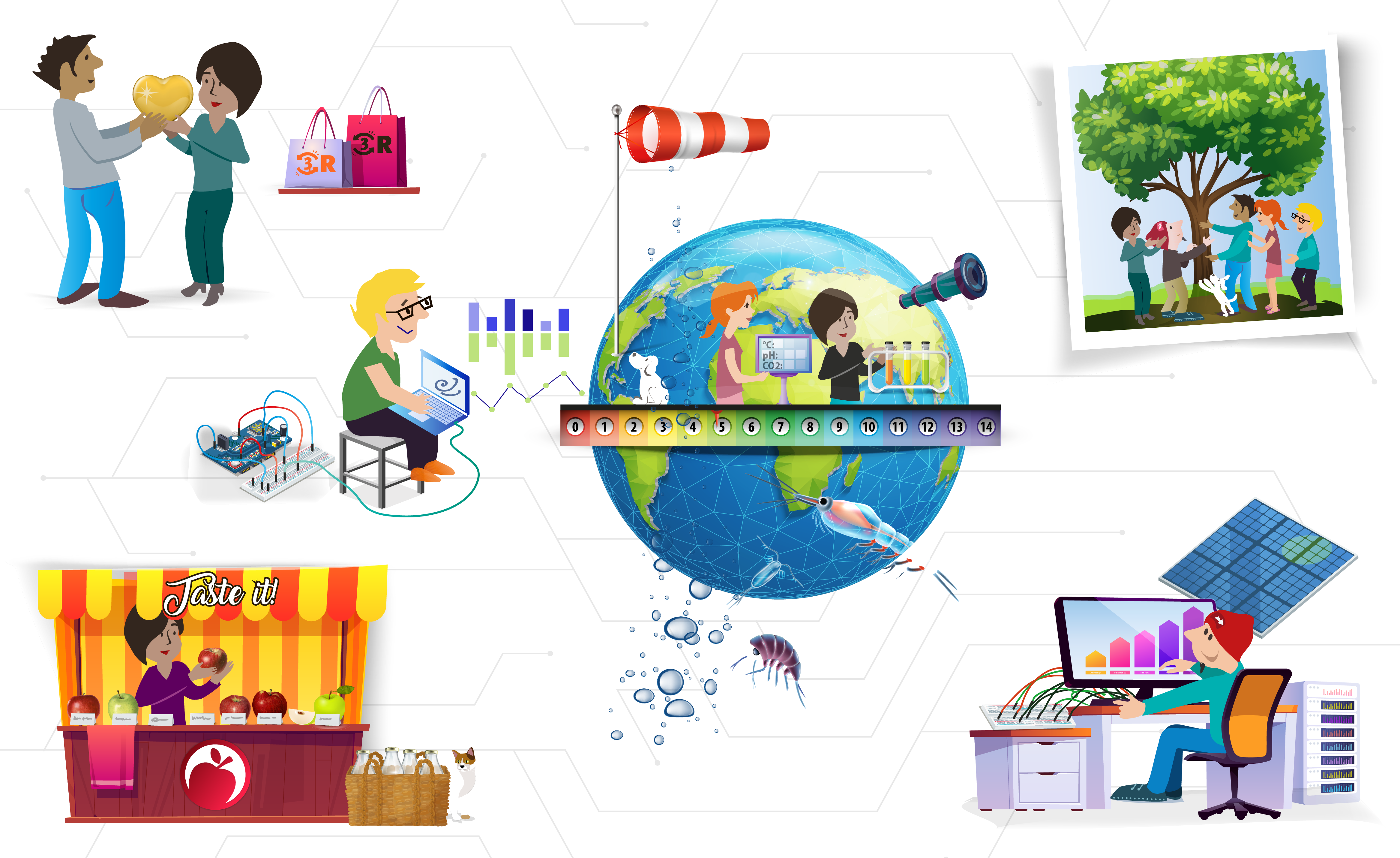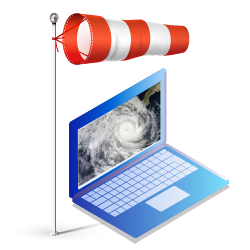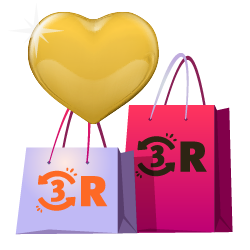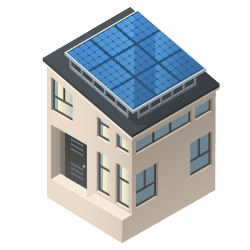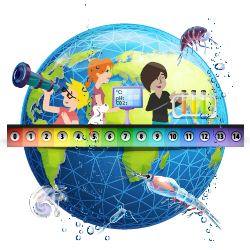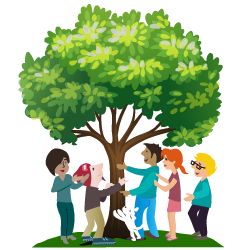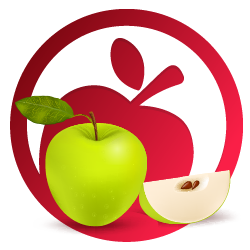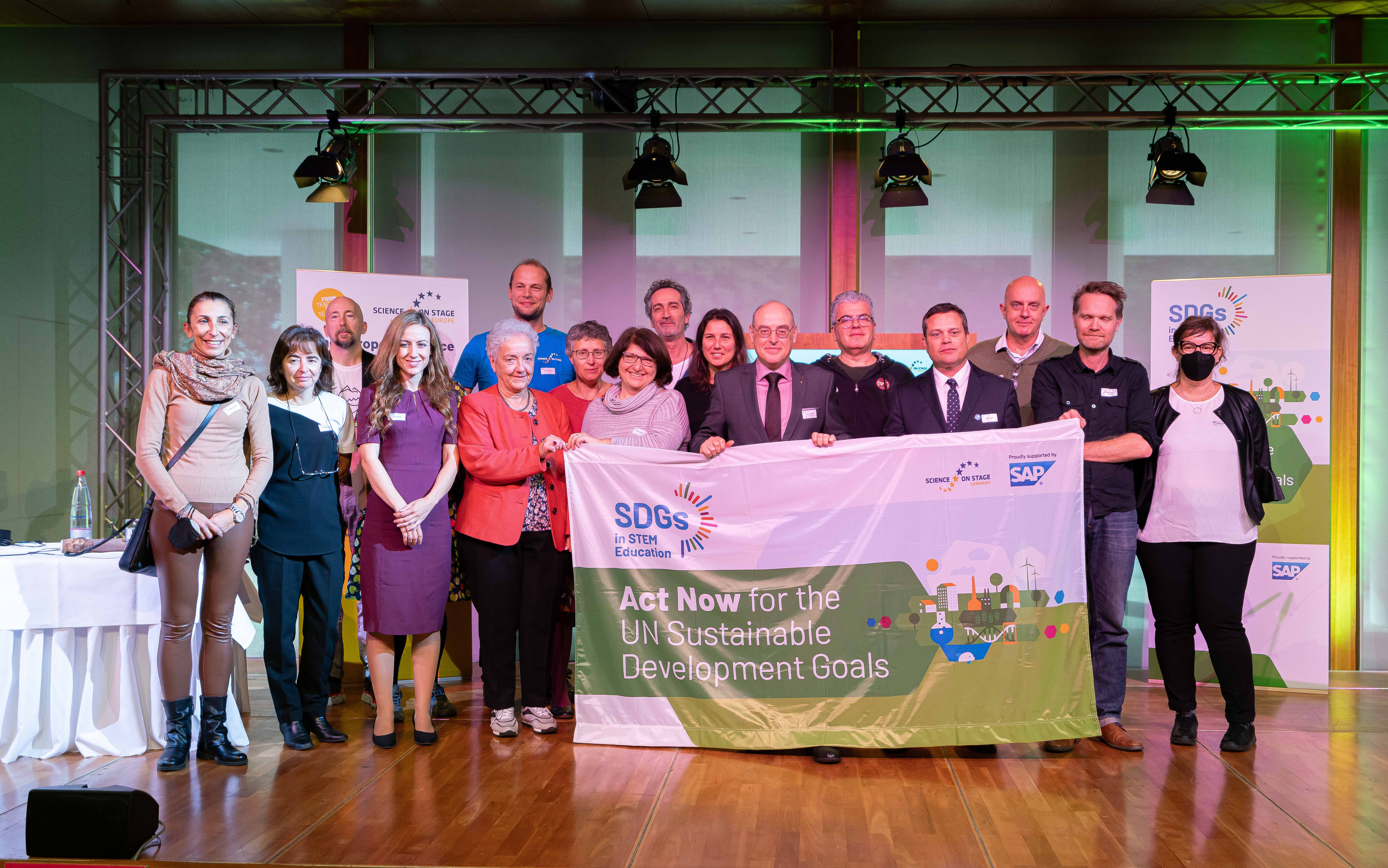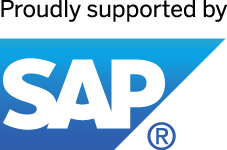What are the UN Sustainable Development Goals and how can you implement them in lessons?
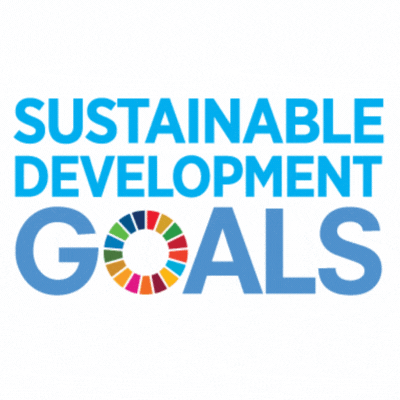
What are the UN Sustainable Development Goals and what does Education for Sustainable Development (ESD) mean? How can teachers encourage students for STEM subjects by using their interest for topics such as climate protection and sustainable living?
„Sustainability is a driver for innovation - also in STEM education.“
We all share one planet, and we each carry responsibility for working collectively toward a sustainable future for all people - as described in the UN agenda 2030. SAP recognizes that the technology sector must and can play its part to contribute to the UN Sustainable Development Goals (SDGs). We are committed to providing digital solutions and innovations that help our customers achieve positive impact for the SDGs and measure progress. At the same time, our ambition is to lead by example in our own sustainable business operations and practices. This includes driving socially responsible value chains, promoting respect for human rights, fostering equality, as well as increasing energy efficiency and reducing carbon emissions. We power our data centers and all buildings worldwide with 100% renewable energy and aim to achieve net zero along our value chain by 2030.
In addition, SAP is equally committed to support educational initiatives that inspire young people to explore STEM (science, technology, engineering, and mathematics) for solving some of the societal and environmental challenges we face together. I am particularly excited, about the most recent collaboration with Science on Stage allowing to combine STEM and the Sustainable Development Goals (SDGs). “Act Now for the UN Sustainable Development Goals” is a very practical toolkit for teachers to include the SDGs in the classroom. Teachers are agents for change and have a tremendous opportunity to introduce the SDGs to a younger audience. What makes the material so incredibly useful is that it has been developed by teachers for teachers, it is available to everyone online, in several languages and free of charge.
I would like to thank our extraordinary working group of 20 teachers from 12 countries who have worked on the materials for over two years. And I would like to thank Science on Stage for our continued outstanding collaboration and great partnership. I hope that many teachers throughout Europe - and maybe even beyond – will use these teaching resources and inspire their students.
Daniel Schmid
Chief Sustainability Officer, SAP SE
„With this teaching material we want to change attitudes, we want to show what can be done on a daily basis. We want to promote skills and knowledge, include the whole school, the environment. Act local, think global! “
Teachers from different countries worked together over a long period of time to create teaching material for Education for Sustainable Development (ESD).
Science on Stage is known among teachers for its high-quality materials made by teachers for teachers. For reasons of sustainability the material comes in a modern format and not on paper.
As you all know we need to act now, if we want to slow down climate change. We cannot wait. However, bearing in mind the time scales in which change is usually brought into schools, acting now is not so easy. We urgently need examples of actions that promote the sustainable development goals in the classroom. We need concrete project ideas that can be implemented in different settings. To create these concrete actions is the key problem in ESD. According to the UNESCO definition "ESD gives learners of all ages the knowledge, skills, values and agency to address interconnected global challenges including climate change, loss of biodiversity, unsustainable use of resources, and inequality. [...]"
Science on Stage as a grassroots organisation of teachers can contribute the kind of ideas of how to act now! We act from the base, from teachers for teachers. And teachers are agents of change, they are the key to motivate students. This is why we started this unique process of development of teaching material, in which 20 teachers from 12 countries have worked together over two years. Despite all hurdles in these difficult times the teachers have done it, they came up with good ideas and great teaching materials.
I would like to thank all the participants for their extraordinary enthusiasm and their work. You have done a very good job, thank you! Moreover, I would like to thank SAP and especially Gabriele Hartmann for their great support, not only in this project, but also for the past 11 years. Last but not least I would like to thank the Science on Stage Office for all the work in the background which makes life easy for the coordinators. Thank you all!
With this teaching material we want to change attitudes, we want to show what can be done on a daily basis. We want to promote skills and knowledge, include the whole school, the environment. Act local, think global! With Science on Stage Europe as our umbrella organisation comprising 34 countries, we reach 100 000 teachers. This is ideal to spread the results in webinars and teacher trainings.
So act now! We need every teacher! Take part, spread the word about this teaching material from teachers for teachers.
Dr Jörg Gutschank
Chair
Science on Stage Germany
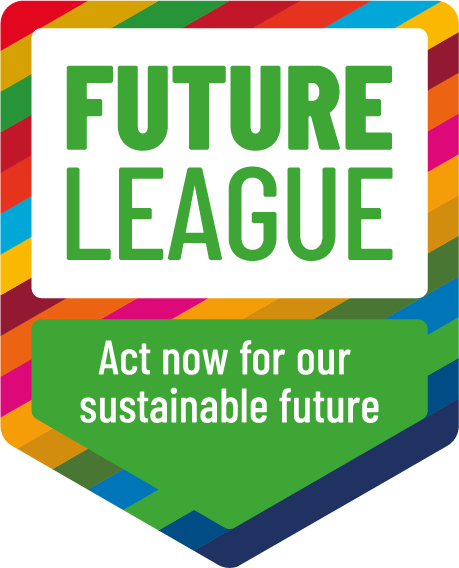
For the Future League, we invited teachers and their students to be creative and present innovative projects on how to implement one or more of the 17 UN Sustainable Development Goals (SDGs) in STEM lessons in primary and secondary classes.
